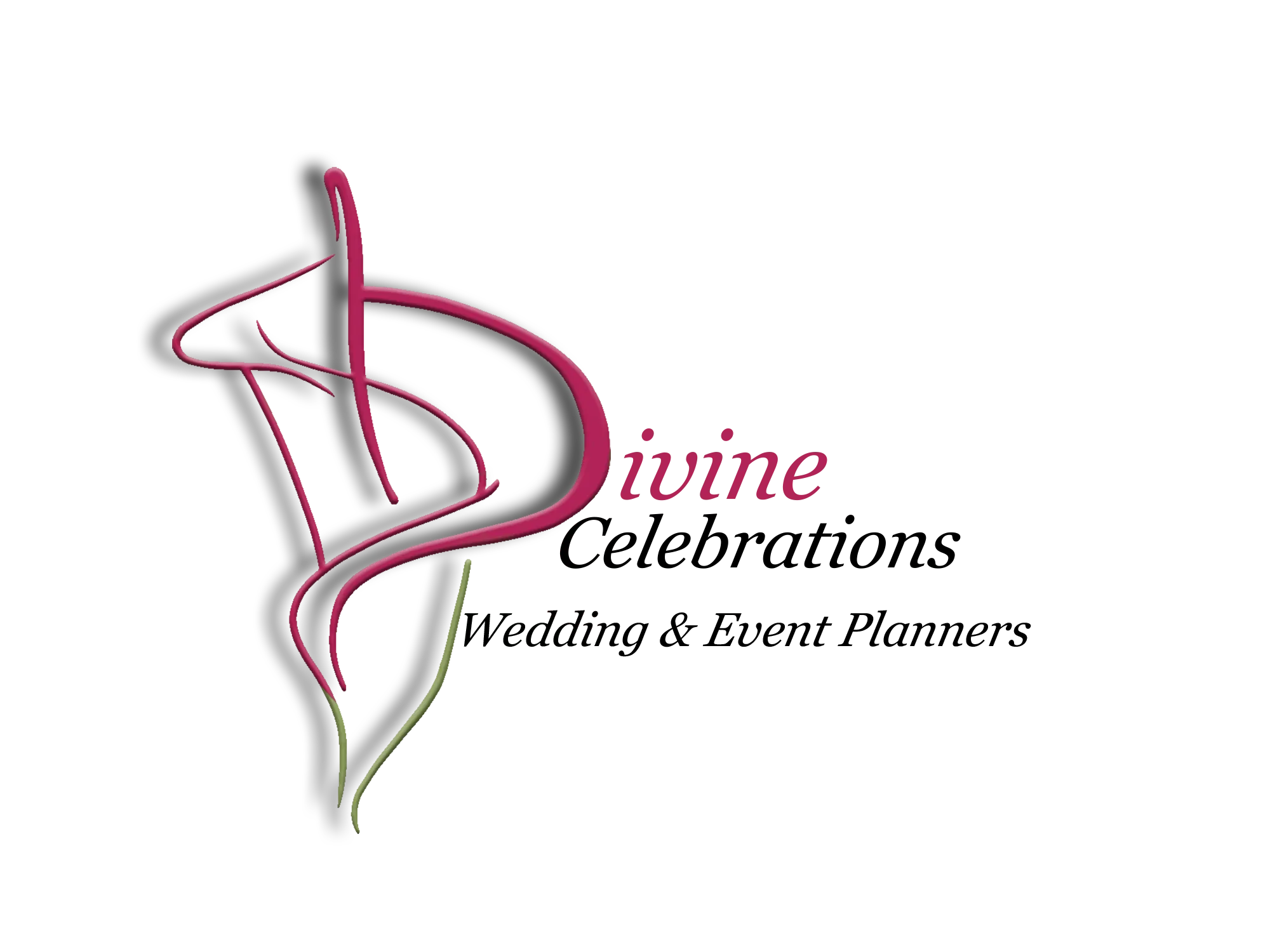From time immemorial in India, rivers have been used as a metaphor. Examples: Hinayanam (literally the Small Vehicle or Boat) and Mahayanam (Big Vehicle or Boat) in Buddhism, samsara sarovar (the sea of life), and teerthankaras (the Boatmen Who Help to Cross the River) are the Jain masters.
We have rivers all over India that people need to to cross over for going from anywhere to everywhere.
No wonder, Urdu poets too have used rivers and boats as metaphors in simple-sounding shers (two liners). Here is one by Akbar Allahabadi (1846-1921) that Harish Saluja sent me sometime back, also providing me with its translation:
The difference between old light and the new light is only this:
One can’t find the boat; the other can’t find the shore.
In Indian languages, there is more to any two-liner doha of shayiri than its literal translation. The light the poet talks about is insight. The “Old” has the insight to see the shore afar, but not the resources or the strength to reach there. And the “New” has the resources and strength, but does not know where the shore is. This is the ultimate paradox of life.




